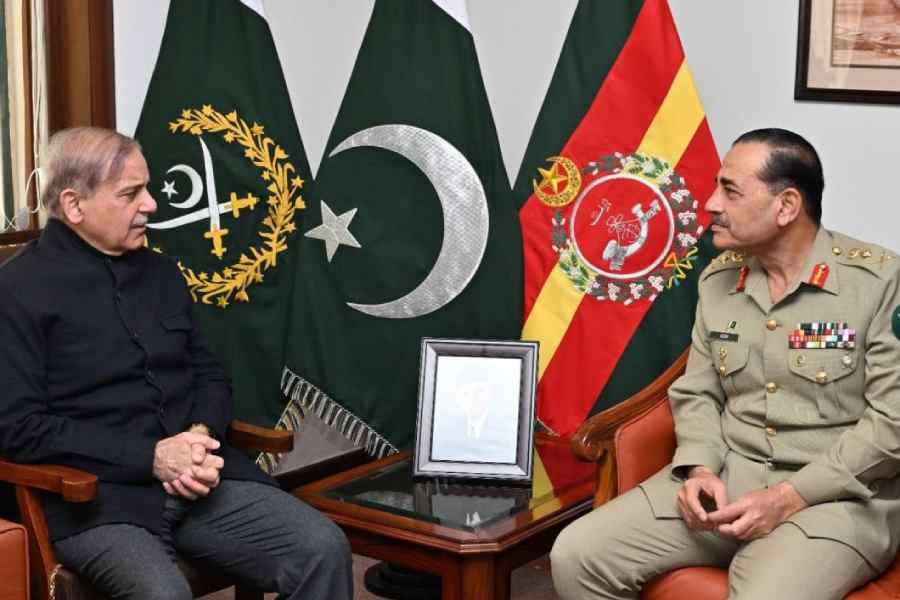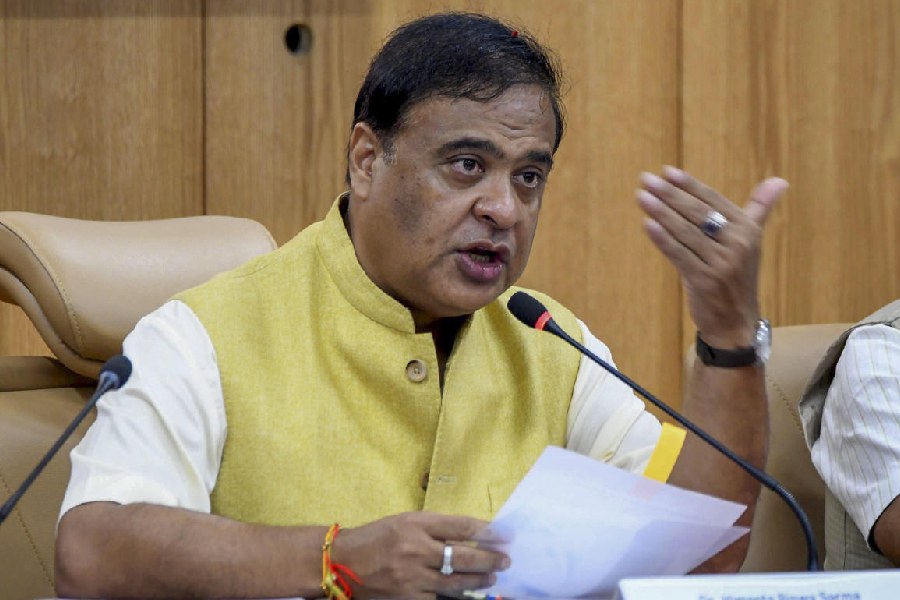India’s external environment has an irresistible quality to it nowadays, generating much comment and attention. Obviously, this is on account of the convulsions in the United States of America as a new president drives a truck through the policy establishment that had held the world in thrall for so long. The claims on Greenland and Panama, the extraordinary proposal on Gaza, the idea that Canada should merge with the US, the move to wind up USAID — all of this makes for riveting drama. The negotiation with Russia on putting an end to the war in Ukraine and an acknowledgement that Crimea and other Russian territorial claims cannot be undone have already unleashed a furious debate regarding appeasement, with dark parallels drawn with Europe in the 1930s.
How should we decipher the new orbit the world’s greatest power will come to occupy? And what kind of America will emerge from these convulsions? In some accounts, it is being comprehensively restructured and whole chunks of governance in place since the 1930s and the New Deal of President F.D. Roosevelt are being done away with or being revamped. Such, at least, appear to be some of the ambitions that underwrite the new department of government efficiency under Elon Musk.
If the US is undergoing its own set of convulsions, matters in our neighbourhood are far from calm. A first anniversary has been completed in our difficult and intransigent neighbour: this month marks a year since Pakistan’s last general election. Its consequence was the Pakistan Muslim League of the former prime minister, Nawaz Sharif, forming the government with his brother Shehbaz Sharif at its head. But in public perception, the real winner was Imran Khan. His defiance and anti-military rhetoric gave to 2024 a distinctive quality and kept Pakistan on a certain nervous edge.
On the surface, 2024 may appear to lack the high-octane drama that has emanated from Pakistan in recent years. For instance, 2023 saw a civic insurrection-type of situation with military installations being targeted and the Lahore corps commander’s iconic residence ransacked; 2022 encapsulated Pakistan’s polycrisis phase as political turbulence, economic crisis and devastating floods intersected; 2021 stood out for its contradictory geopolitics — the Taliban coming back to power represented a success for Pakistan’s grand strategy and, yet, that very quickly turned out to be an entirely pyrrhic victory.
Yet 2024 may in time be seen to hold its own. The year began with a very unusual Iran-Pakistan scrap, each using missiles and drones against the other, claiming attacks by terrorists as being the provocation. As the year progressed, the Pakistan-Afghanistan relationship plummeted with one major consequence — a serious internal security crisis due in large part to terrorist attacks by the Tehrik-i-Taliban Pakistan. In fact, 2024 turned out to be the worst year in terms of terrorist-inflicted violence in nine years.
Two institutional changes over the past year in Pakistan are also significant. The first was a constitutional amendment. The 26th amendment in October 2024 to the Constitution of Pakistan tilted the relative power positions of the judiciary vis-à-vis the legislature decisively in favour of the latter. For instance, the Commission which oversees all superior judiciary appointments has been reconstituted so that the judicial members will now be a minority. The chief justice of Pakistan will henceforth not be appointed on the basis of seniority but by selection from a panel of three seniormost judges by a parliamentary committee. The latter has also been given the power to determine and nominate ‘constitutional benches’ within the Supreme Court and the high courts to hear issues relating to the interpretation of the Constitution. In brief, the empowerment of the judiciary which had been a striking feature of the process that was initiated during the last phase of Pervez Musharraf’s military dictatorship has now been comprehensively reversed.
The second change were the enactments in early November 2024 to amend the Pakistan Army Act, 1952 and the relevant legislations governing naval and air force personnel. These amendments now provide for five-year tenures, instead of the current three, to defence services chiefs in Pakistan. In effect, General Asim Munir, the chief of army staff, will continue till November 2027 at least. These developments suggest that Munir’s position and centrality in Pakistan’s governance are now assured.
That these fundamental institutional changes are being implemented by a party that was once at variance with the military is ironic but is also consistent historically. The late Benazir Bhutto had summed Pakistan up in her posthumously published memoir: “In Pakistan things are almost never as they seem. There are always circles within circles, rarely straight lines.”
A government-military combine that is stable and yet deeply unpopular seems to sum up the current situation. The newspaper, Dawn, editorialised on February 8 on the first anniversary of the 2024 general election that “the country has continued to march on a path of implosion.”
As Pakistan’s close neighbour, we also know that its fault lines can easily be exaggerated. Amidst all the terror attacks and the ranting about where the military-PML(N) combine is taking Pakistan, civil society is also engrossed in the ongoing Champions Trophy cricket tournament. This is the first major cricket tournament in Pakistan in over a quarter of a century. Over the past year, the fears of a financial default have retreated, exchange rates are steadier, inflation has eased, and the stabilisation package of the International Monetary Fund seems to be working. All this may not be saying a lot given the range of Pakistan’s problems, but it is also not nothing.
But there is a much larger issue involved. As much as we may wish to distance ourselves from Pakistan and notwithstanding all the wider dramas surrounding us, it will remain a permanent fixture of our neighbourhood and foreign policy. If nothing else, we should remind ourselves periodically of this and also see our current non-engagement as only one phase in our long history of trying to deal effectively with this neighbour.
T.C.A. Raghavan is a former High Commissioner to Singapore and Pakistan










